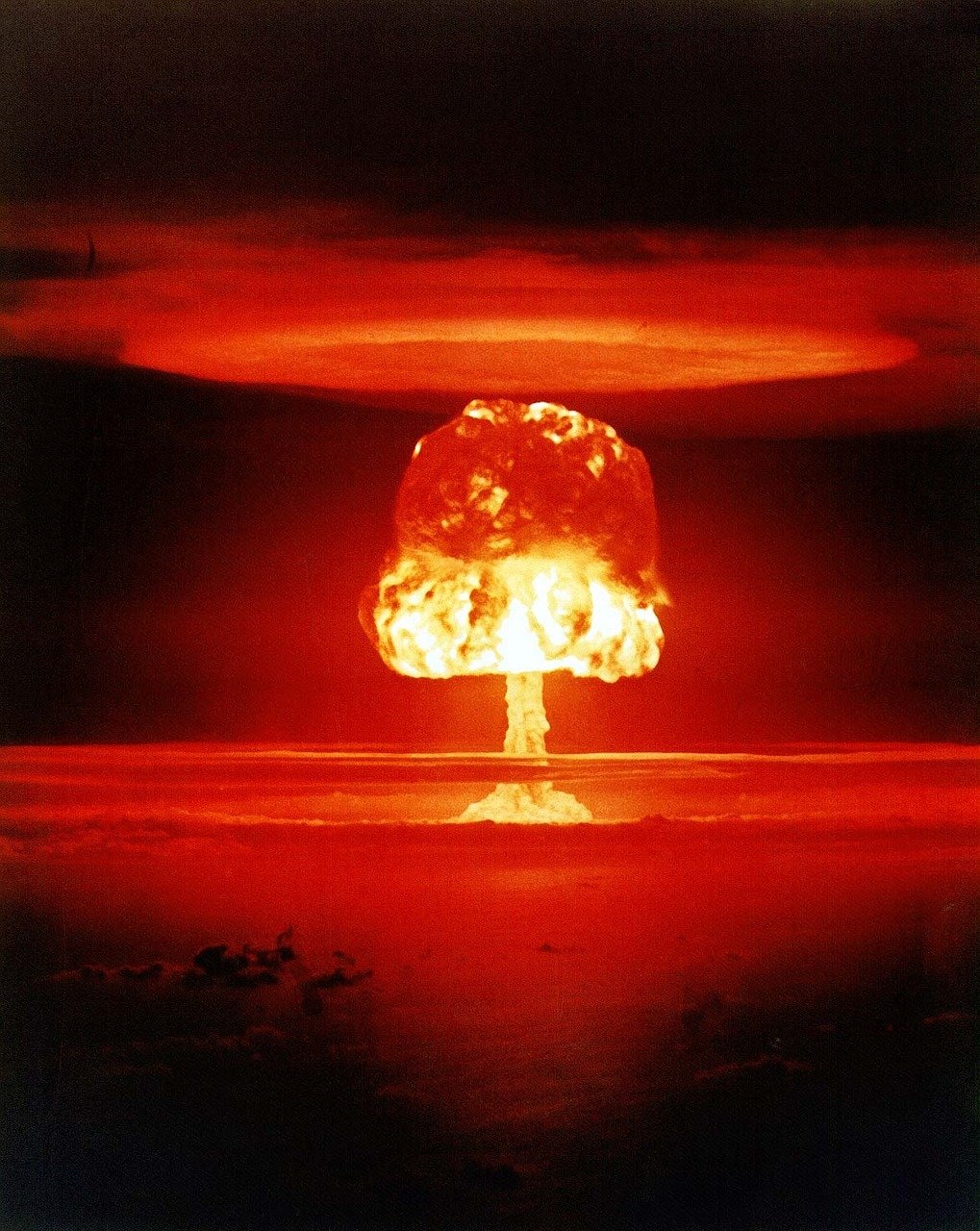Nuclear technology offer countries several benefits in terms of meeting their traditional and non-traditional security needs, but it also requires very careful and responsible behavior from the states that possess and use it. Ensuring the safety and security of the nuclear program, fuel cycle, radioactive materials and processes is a national responsibility and neglecting it can lead to disastrous consequences beyond one’s territory.
The responsibility of ensuring nuclear safety and security rests with the state. The International Atomic Energy Agency (IAEA) assists its member states in developing regulatory mechanisms to strengthen their nuclear safety and security infrastructure. India is a privileged Non-Proliferation Treaty (NPT) state because it has received extensive international nuclear cooperation due to the Nuclear Suppliers Group (NSG) waiver which allowed the country to participate in global civilian nuclear technology trade. This has also allowed India to benefit from nuclear cooperation with several countries and continuously expand its nuclear program.
For making nuclear weapons, the enrichment of raw uranium is a complex and extensive process that requires sophisticated technology. According to the Union of Concerned Scientists, a nuclear bomb needs approximately 15 kgs of Highly Enriched Uranium (HEU). In addition, radioactive material could also be used in making dirty bombs or a Radiological Dispersal Device (RDD) which can cause more mayhem than physical damage. Therefore, gaining access to uranium, more precisely smuggling it, is an issue of grave international concern as discussed in 4Nuclear Security Summits between 2010 and 2016.
Over the years and more recently, various uranium theft incidents have been reported in India. In fact, the history of nuclear theft and smuggling incidents in the country is not new and dates back to the 1990s. The first such reported incident was in 1994 when police in Meghalaya recovered 2.5 kgs of uranium from 4 smugglers in Domiasiat. In June 1998, authorities in the Indian state of West Bengal detained an opposition leader who they said was transporting more than 100kg of uranium. In another similar incident, the Central Bureau of Investigation (CBI) unearthed a uranium theft network in Tamil Nadu in July 1998, when over 8kgs of radioactive material was seized. Similarly, Indian nuclear material theft incidents frequently happened during 2001-10.
According to Indian government sources, guerrilla rebels in northeast India unlawfully acquired uranium ore from a government-run milling plant in 2013, and used it to construct a rudimentary bomb before the police apprehended them. The Kolkata police discovered another uranium smuggling network in early 2018. Thus, theft of nuclear material in India has become a norm rather than an exception – a dangerous, continual deliberate loophole rather than an occasional mishap.
As part of the IAEA Incident and Trafficking Database (ITDB), states report thefts of nuclear materials, but merely reporting such incidents is not enough to prevent them from happening in the future. The numerous incidents of uranium theft and smuggling in India over the years indicates that it is highly likely that its nuclear program has strong
links with the black market. This raises serious questions about the safety and security of its nuclear program.
In the wake of several uranium theft incidents, poor safety and security standards and their possible serious repercussions, the international community needs to re-evaluate its nuclear cooperation with India. The combination of extremist Hindutva ideology, growing incidents of nuclear theft and the large and expanding size of its nuclear
program poses grave risks to the Indian nation as well as regional and international security. The United States and the European Union, in particular, need to demand more responsible behavior and greater transparency from India as well as reconsider and review nuclear cooperation with the country in the future.
Hananah Zarrar is a former Researcher at the Centre for Aerospace & Security Studies (CASS), Pakistan. She is currently working as Associate Director at Balochistan Think Tank Network (BTTN), Quetta.





